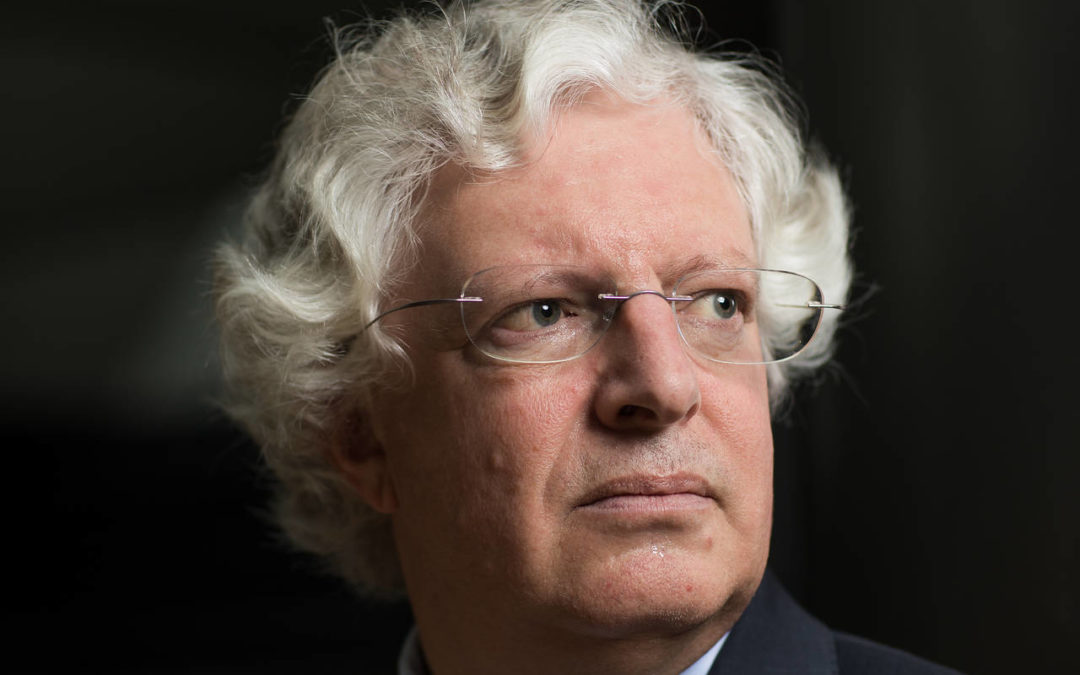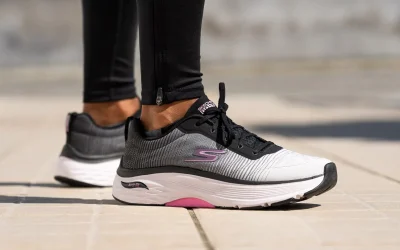We are currently in a human crisis that will define the direction of generations to come. It is still too early to fully understand the medical and scientific lessons that are being learnt, or to understand what the economic, social and political effects will be, long-term.
But it is not too early to start thinking about the business lessons that are beginning to emerge, and to respond to them now.
The businesses that are weathering the storm most effectively are not just the ones that had the least amount of debt going into the pandemic, but also the ones that have been able to react quickly to the rapid changes.
On the debt side, this raises the obvious point about the private equity model: private equity businesses do tend to have greater leverage than public companies. Therefore, just as the attitude going into 2008, the immediate expectation of those who are already negative on private equity is that private equity businesses will do worse than public companies.
However, looking at the lessons from the 2008 economic crisis gives us some useful indicators on why being adaptable and operating quickly are the main keys to survival, regardless of debt levels. In 2008, against many people’s expectations, not only did private equity itself do well, but also private equity portfolio companies — which, at the time, looked like basket cases — recovered and proved highly profitable.
Examples include Boots, which was bought by KKR in 2007 (with competition from Terra Firma), and subsequently purchased by Walgreens in 2014 in a deal that made KKR 2.7 times its investment, about £2bn. Also in 2007, Biomet was taken private in a club deal by Blackstone, KKR, TPG Capital and Goldman Sachs for $11.3bn, and later sold to Zimmer Holdings for $13.4bn.
What defined that period, and why private equity did better than the public markets, was the ability of private equity to move quickly and decisively.
Furthermore, the US leveraged loan market has more than doubled since the 2008 financial crisis, from $500bn to $1.2tn as at December 2019. It’s worth noting too that from the onset of the crisis, the decline in private equity-backed firms was much smaller than public companies. Moreover, private equity-backed firms enhanced their market share during the crisis.
Looking further back, lessons learnt following the 1987 crash, while nearly half a lifetime ago, are also relevant and worth remembering.
There are few of us still working in private equity that were involved in the market at that time. In 1987 I was a young, ambitious bond trader at Goldman Sachs, and what I most remember was the dramatic, generational shift in the way we did business post-crash. One of the lessons I learnt was to quickly adapt and not get stuck in the old ways of doing business when the markets were fundamentally changing.
There were a large number of individuals who couldn’t cope with the kind of change needed; while the majority of them were let go almost immediately, several remained clinging to their old ways of doing business and lost their jobs over the next few years, as they found it increasingly difficult to compete in what was a very changed financial services marketplace. But it wasn’t just about individuals: a large number of financial service companies disappeared as well.
At the other end, a number of quick-thinking individuals and companies decided to build their futures on adapting to those changes. Indeed, when one looks at the people who successfully survived 1987, many were also involved in the firms and institutions that were prosperous for the next 20 years. Their successes can often be traced back to the time shortly after the ’87 economic crash.
The lesson I learnt from both of these times — 1987 and 2007 — is that when something dramatic happens and you are lucky enough to survive a “near-death experience”, you don’t go back to what you were doing before. You accept that things have changed. If you want to cry, scream and pout, that’s fine: in fact, let it out. The reality is, all of the shouting, screaming, pouting and gnashing of teeth isn’t going to change the situation an iota.
What will change the situation is proactively asking the difficult questions now and not later: how can I add value going forward, and how should my company do business now?
To this end, a privately-owned company has a huge advantage over the public company. Private equity firms can get their management teams focused not just on survival or optimising performance today, but also on long-term planning for the future. And we can do it without having to go through the tedious bureaucratic processes of seeking approval from large committees and public discussion, all while trying to navigate the lack of alignment amongst the firm, the shareholders and the management team.
If I had to choose between the private equity model with more leverage and more flexibility, versus the public market model with less leverage and less flexibility, I would still put my money on the private equity model.
After the crash of 1987, the view was that leveraged buyouts were dead. After 2007, the view was that private equity was dead. Both views were wrong. This time there is no view and we have the opportunity to come to our own view without the naysayers influencing our thoughts.
So when our brave health workers have moved us through this human crisis and have saved lives, we will need to take responsibility, each of us, in our own way, for recreating our economy and moving our businesses forward in order to provide growth and jobs for those young people out there who are just starting out in the workforce, and those families that are going to need jobs to rebuild their lives.
I firmly believe that the people and companies that are thinking about how to grow — and not just survive — and are looking forward at what they will do when we’re on the other side of this will drive the next 20 years. They will be rewarded as the ‘winners’ of the new world ‘normal,’ whatever it looks like.
It is worth remembering that in the short time we’ve been in this crisis, nature has already responded quickly and is taking full advantage of the pause in human industriousness. Fewer emissions have led to more birds; reduced spraying of pesticides has led to more insects (and in turn, fatter, happier birds). We should take a page from nature’s book in how to survive and adapt, and I would argue, that besides economic growth we must also prioritise the protection of our planet and include this in all of our future business considerations.
Economic, cultural and social problems are most exposed during times of crisis and often give people a chance to go down a different path. While as in 1987 and 2007, I believe we will recover economically, this time we need to focus not only on a path to economic recovery but also on how we can build a better world. However, while the coronavirus has given us all time to think, whether or not we make changes for the better is an individual decision. I wish you luck with yours.
Source: fnlondon
Can’t stop reading? Read more
JPMorgan to arrange $6.5bn debt package for 3G Capital’s Skechers acquisition
JPMorgan to arrange $6.5bn debt package for 3G Capital’s Skechers acquisition JPMorgan is...
Ares targets $2bn+ for new Asia special situations fund amid regional credit expansion
Ares targets $2bn+ for new Asia special situations fund amid regional credit expansion Ares...
Partners Group and Sella launch Italy’s first evergreen private equity ELTIF fund for retail investors
Partners Group and Sella launch Italy’s first evergreen private equity ELTIF fund for retail...




